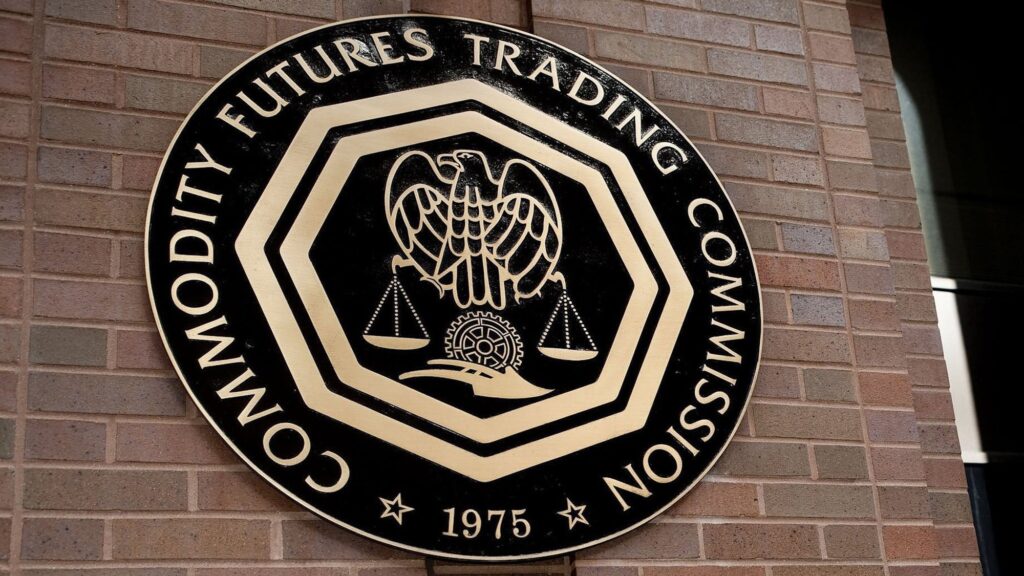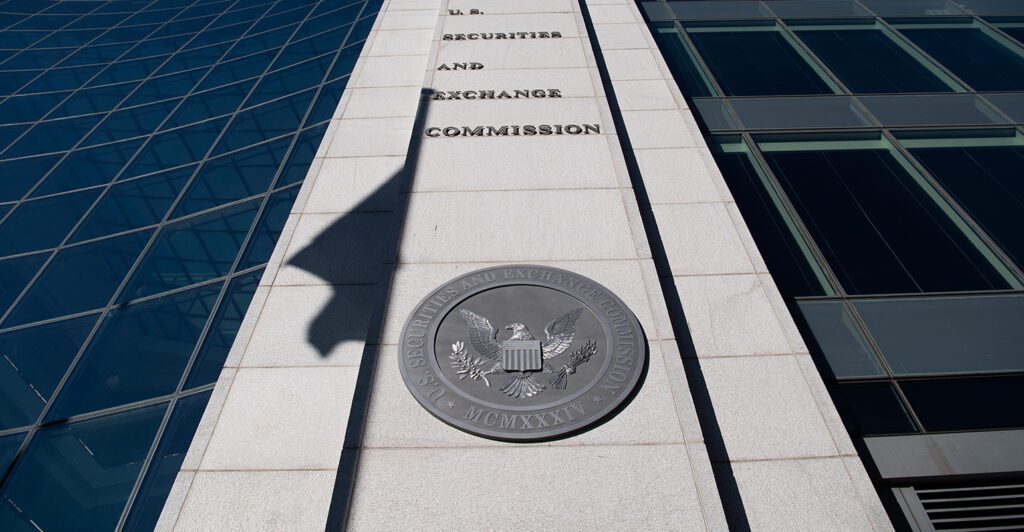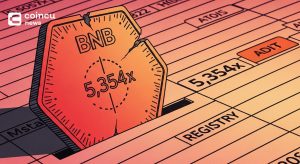Coinbase Strikes Back: Supreme Court Ruling Gives Crypto Exchange An Edge Against SEC
Key Points:
- Coinbase uses recent Supreme Court rulings to strengthen its defense against SEC charges.
- The ruling emphasized the need for clear support from Congress for major decisions.
- Coinbase argues lack of clear regulations and ongoing discussions support their case. SEC claims digital assets are regulated securities.
In a recent legal filing, Coinbase’s lawyers argued that a recent U.S. Supreme Court judgment on student debt cancellation supports the crypto exchange’s fight against charges of operating an unregistered securities venue.

The Securities and Exchange Commission (SEC) had charged Coinbase with breaching federal securities law, which the exchange believes is an attempt by the regulator to gain excessive control over the digital asset industry.
Coinbase points to a Supreme Court ruling on June 30, shortly after it submitted its initial defense, which declared that the Secretary of Education had exceeded his authority by canceling approximately $430 billion in student debt. The ruling emphasized the requirement for government agencies to have clear support from Congress when making decisions of significant economic or political consequence.
The exchange contends that the Supreme Court ruling, known as Biden v. Nebraska, has relevance to its case since there are no clear rules set by lawmakers for the cryptocurrency industry. The exchange argues that Congress has not yet delegated regulatory authority to the SEC and is actively considering regulatory structures for the digital asset industry. Lawmakers in the U.S. are currently discussing various digital asset laws, including a bipartisan bill favoring the Commodity Futures Trading Commission (CFTC) over the SEC.

Meanwhile, Coinbase’s chief legal officer, Paul Grewal, said that the exchange will appear before the Court today, July 13.
Coinbase asserts that the SEC’s allegations cannot be defended since the Supreme Court has used the substantial issues doctrine in a comparable case. Grewal recently discussed how the SEC’s understanding of the concept of the major question differs from the Supreme Court’s.
The exchange emphasized the SEC’s past assertions and made factual arguments about why the agency couldn’t strike its defenses.

The SEC has claimed that digital assets, including tokens tied to Solana, Cardano, and Polygon, are regulated securities, and Coinbase knowingly violated the law by failing to register its activities. The regulator has made similar allegations against Binance and Bittrex.
All three companies deny the charges and argue that the SEC lacks jurisdiction. The parties involved will meet for a preliminary hearing in a New York courtroom, with the trial potentially lasting for years. In a separate case, Coinbase recently secured a Supreme Court victory that temporarily halted a user’s lawsuit against the exchange until after an appeal.
DISCLAIMER: The information on this website is provided as general market commentary and does not constitute investment advice. We encourage you to do your own research before investing.






















